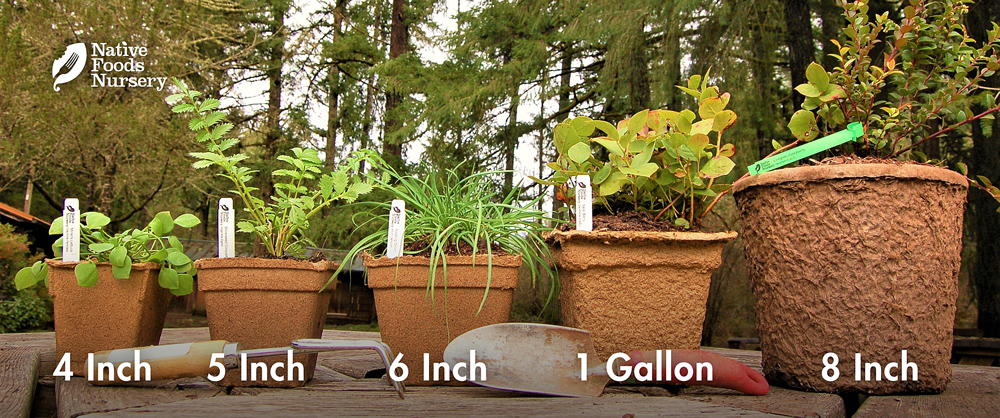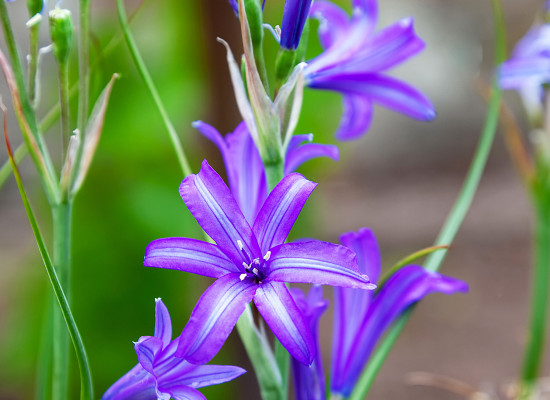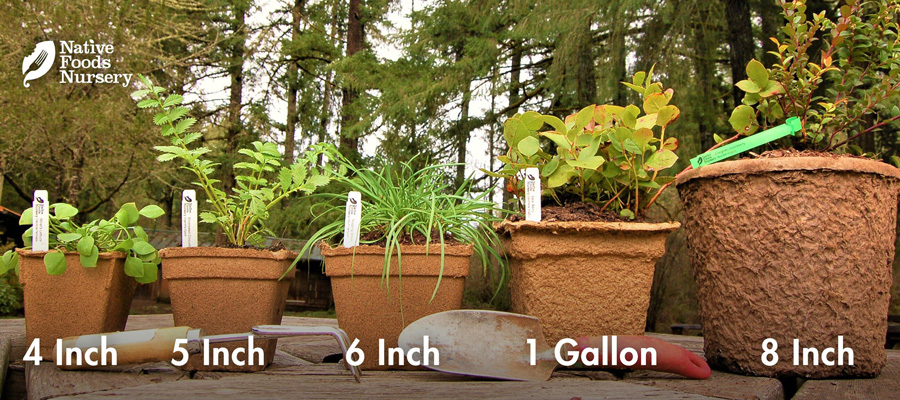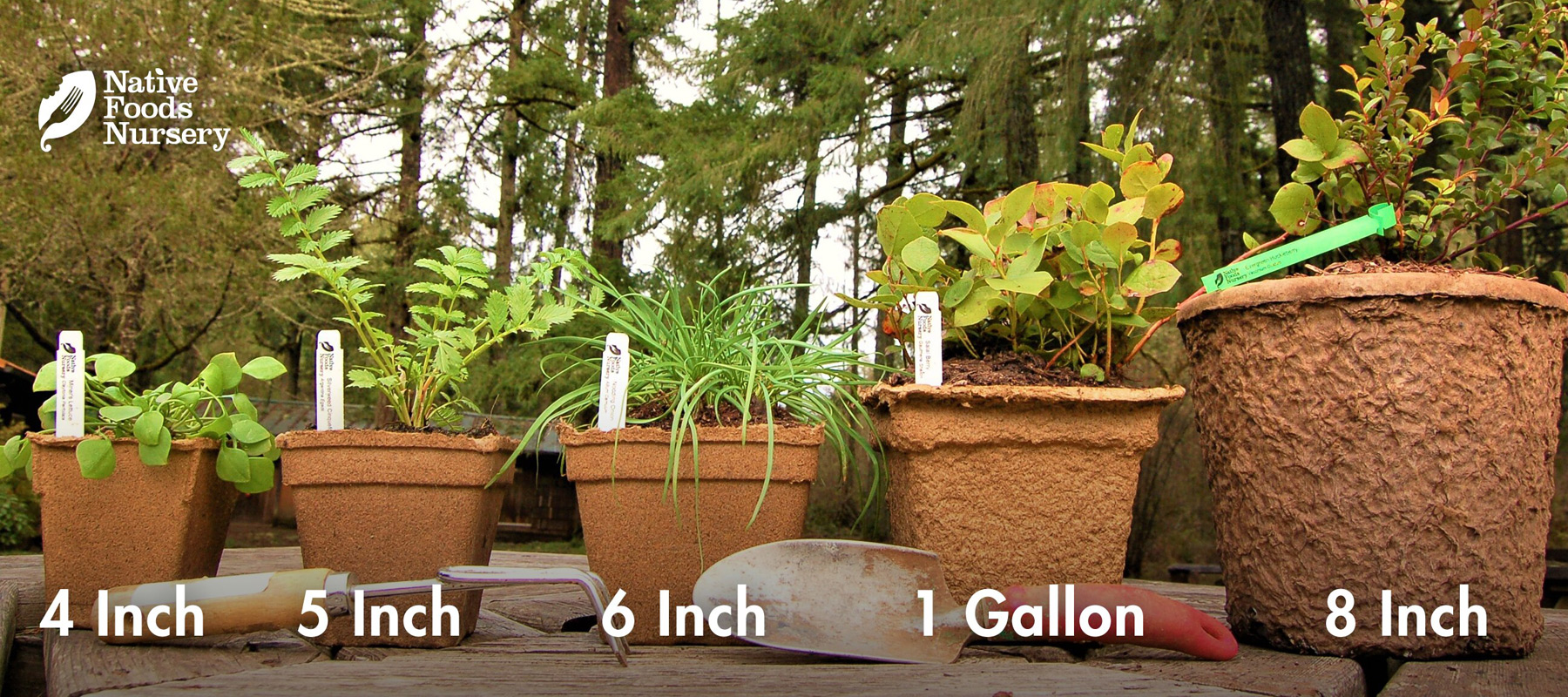Harvest Brodiaea
- Current Stock:
- 0
- Other Names:
- Elegant Brodiaea, Crown Brodiaea, Elegant Cluster-lily
- Latin Name:
- Brodiaea Elegans or Coronaria
Brodiaea Elegans is a beautiful, drought-tolerant wildflower in the Lily family, dawning clusters of blue to purple vase-shaped flowers, thin grass like leaves, and a sweet, edible corm.
NOTE: Our native lillies naturally go dormant by June or July of each year. If you order them after that time, you'll have to wait until spring for additional growth and flowers.
Edible Uses
This native food is among the sweetest and most flavorful wildflowers we offer, rivaling Camas and Wapato. Native American peoples, wild foragers, and sustainable gardeners have and continue to value this plant as food. It is very similar to Brodiaea Coronaria. By late Summer, the leaves/flowers have died down and the corm is ready for digging (and cormels replanting). Cooked corms have a taste and texture similar to sweet potato.
Lily bulbs have been used medicinally/nutritionally in many cultures for thousands of years. They contain a variety of substances that can promote health and well-being. In addition to proteins and carbohydrates, lily bulbs have small amounts of calcium, iron, phosphorus, and vitamins B1, B2 and C.
Ornamental Qualities
Brodiaeas have graceful, vase-shaped flowers that reflect the color of the sky. Spreading from underground cormels, they can form large patches of low-growing blue-purple flowers in early Summer, after many other wildflowers have gone dormant. They add interest to rockeries, the front of border gardens, and ornamental flower patches.
Environment and Culture
This flower’s wild home is among Camas and Wild Onion in open, lowland meadows and open woodlands of the West. It loves full sun, but can handle light shade. Interestingly, this wildflower is actually in the Asparagus family, and has an edible "corm", not a bulb. A corm is a storage organ in the stem of a plant made of solid plant tissue (whereas bulbs are made of layered leaf-scales. For us gardener-chefs, this means easier preparation and smoother texture and taste).
These lilies are slow-growing, long living, and very easy to care for. They die back every Summer, during which period they should be kept unwatered, if possible.
Northwest Native American tribes today still value this special plant as food, medicine, and family. Despite great cultural losses, they continue to work towards stewarding and restoring wild populations, both strengthening the integrity of the ecology and sustaining their cultural heritage and wisdom. These strong and recovering peoples and plants deserve our respect, gratitude, and reparations. (Learn more & how to help on our Charitable Giving page.)
Harvest, Care, and Preparation
Not just humans like the taste of this wildflower bulb, so if you have gophers or mice, it is best to protect your bulb with hardware cloth or grow it in a container. Also, protect young shoots in the Spring from slugs or rabbits.
Brodiaeas can be allowed to spread and multiply before harvesting. Seed can even be collected and reseeded next to the mother plant. When ready to harvest, in late Summer, use the dead flower stalks to locate the edible corms underneath. Leave small cormels in the ground to grow new plants the next year.
(The bulb pushes itself deeper as it grows, and can be up to 6 inches down when fully mature. Wet the ground before digging to make the soil softer and easier to turn. Give ample space around the bulb to ensure that it or its bulblets are not severed.)
To prepare, slice the roots from the corm (as you would a green onion) and boil the bulb for 15-20 minutes (until soft but still firm), Then, they can be eaten whole, mashed, or sliced and pan-fried. Cooked corms have a smooth creamy texture and sweet and mild taste. Enjoy this beautiful native treat!
Native Range: OR, CA
USDA zones: 7-10
Ease of Care: Very Easy
Deer Resistance: Moderate
Light Requirements: Full Sun to Part Shade
Soil Type: Any, prefers well-drained
Water Requirements: Dry - Moist. Needs dry Summers.
Pollination: Self-Fertile
Bearing Age: 2 yrs from seed
Size at Maturity: 1 foot
Bloom Time: Late Spring
Harvest Time: Early Fall
Pot Sizing Guide









